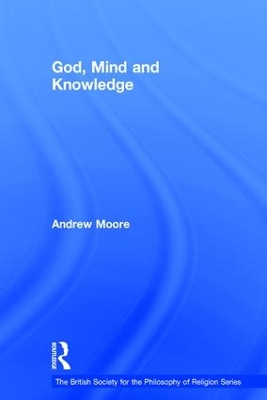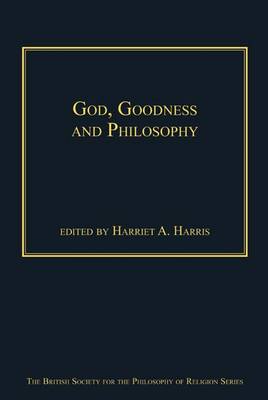The British Society for the Philosophy of Religion
2 total works
God, Goodness and Philosophy
Does belief in God yield the best understanding of value? Can we provide transcendental support for key moral concepts? Does evolutionary theory undermine or support religious moralities? Is divine forgiveness unjust? Can a wholly good God understand evil? Should philosophy of religion proceed in a faith-neutral way?
Public and academic concerns regarding religion and morality are proliferating as people wonder about the possibility of moral reassurance, and the ability of religion to provide it, and about the future of religion and the relation between religious faiths. This book addresses current thinking on such matters, with particular focus on the relationship between moral values and doctrines of the divine. Leading scholars in the field test the scope of philosophy of religion, and engage with the possibilities and difficulties of attempting trans-faith philosophy. Chapters also relate to a number of cross-disciplinary contemporary debates: on evolution and ethics; politics, justice and forgiveness; and the relation between reason and emotions. Another set of chapters tests the coherence of Anselmian theism and concepts of an Omni-God in relation to divine knowledge and goodness.
This book will be of interest to scholars and undergraduates in philosophy of religion, as well as moral philosophers, philosophers of science, theologians, and those working in theology and science.

